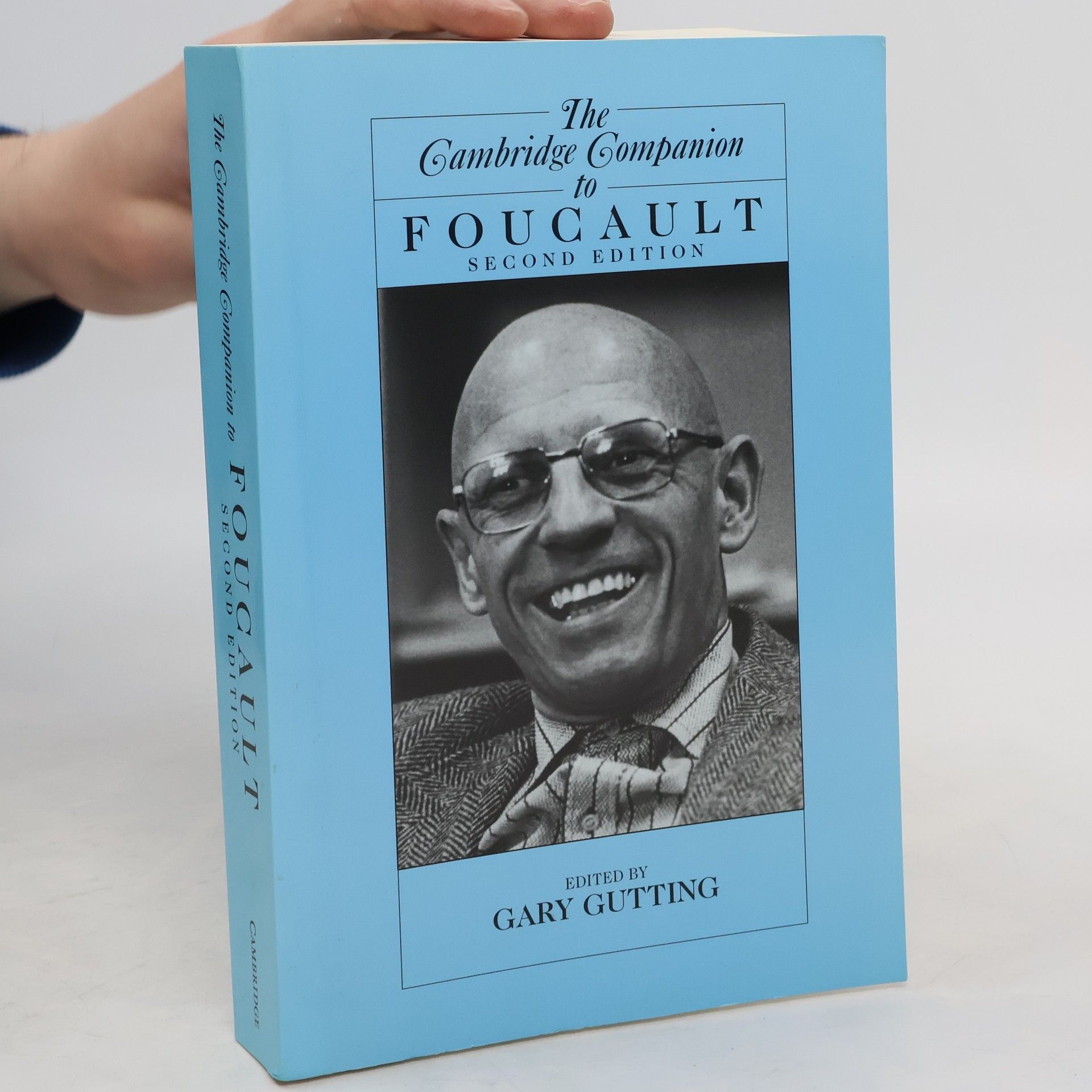For Michel Foucault, philosophy was a way of questioning the allegedly necessary truths that underpin the practices and institutions of modern society. He carried this out in a series of deeply original and strikingly controversial studies on the origins of modern medical and social scientific disciplines. These studies have raised fundamental questions about the nature of human knowledge and its relation to power structures, and have become major topics of discussion throughout the humanities and social sciences. The essays in this volume provide a comprehensive overview of Foucault's major themes and texts, from his early work on madness through his history of sexuality. Special attention is also paid to thinkers and movements, from Kant through current feminist theory, that are particularly important for understanding his work and its impact. This revised edition contains five new essays and revisions of many others, and the extensive bibliography has been updated.
Gary Gutting Book order (chronological)
November 4, 1942 – January 18, 2019


Pragmatic Liberalism and the Critique of Modernity
- 212 pages
- 8 hours of reading
In this book Gary Gutting offers a powerful account of the nature of human reason in modern times. The fundamental question addressed by the book is what authority human reason can still claim once it is acknowledged that our fundamental metaphysical and religious pictures of the world no longer command allegiance. Gutting analyzes the work of three dominant philosophical voices in our Richard Rorty, Alasdair MacIntyre, and Charles Taylor. His own position is defined as "pragmatic liberalism." The book will appeal to readers in such fields as philosophy, literature, and political theory. The interpretations of Rorty, MacIntyre, and Taylor will make the book suitable as a coursebook for those teaching the history of modern philosophy.